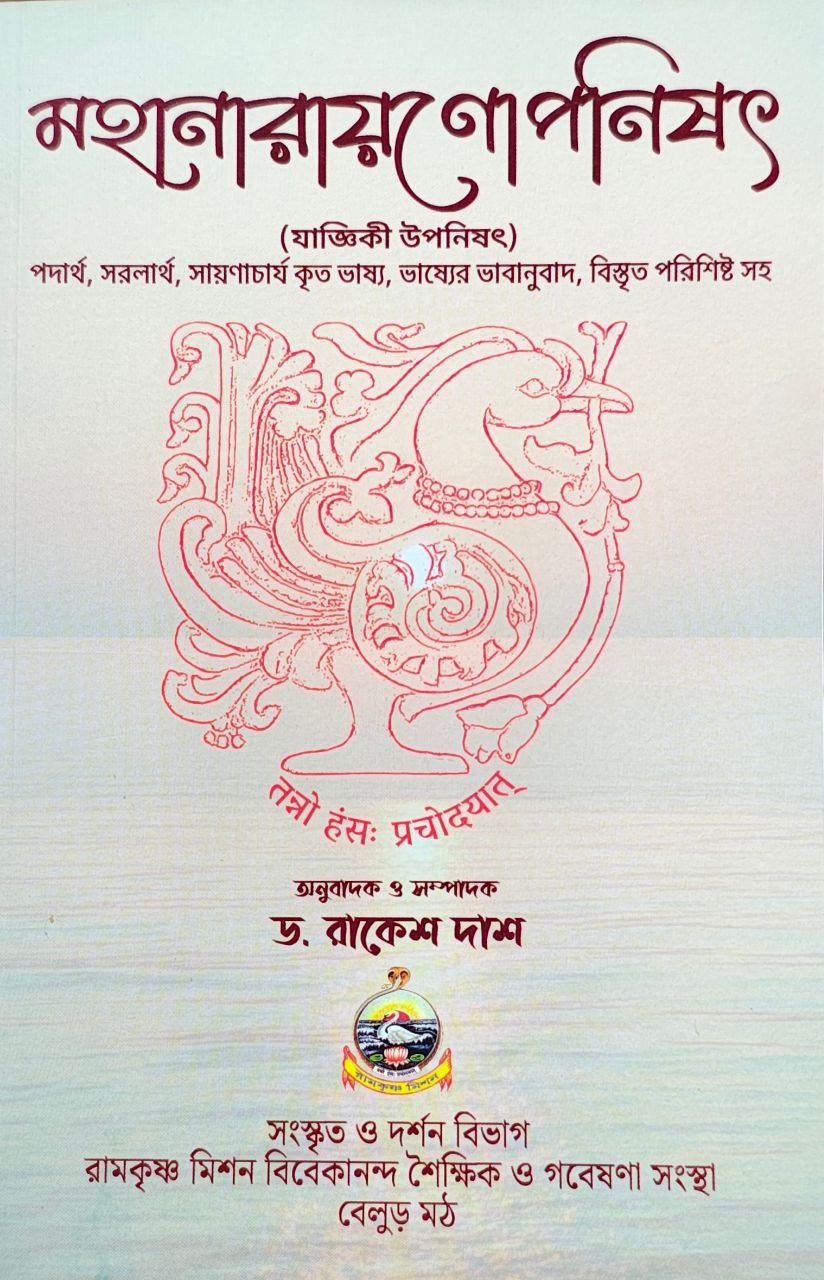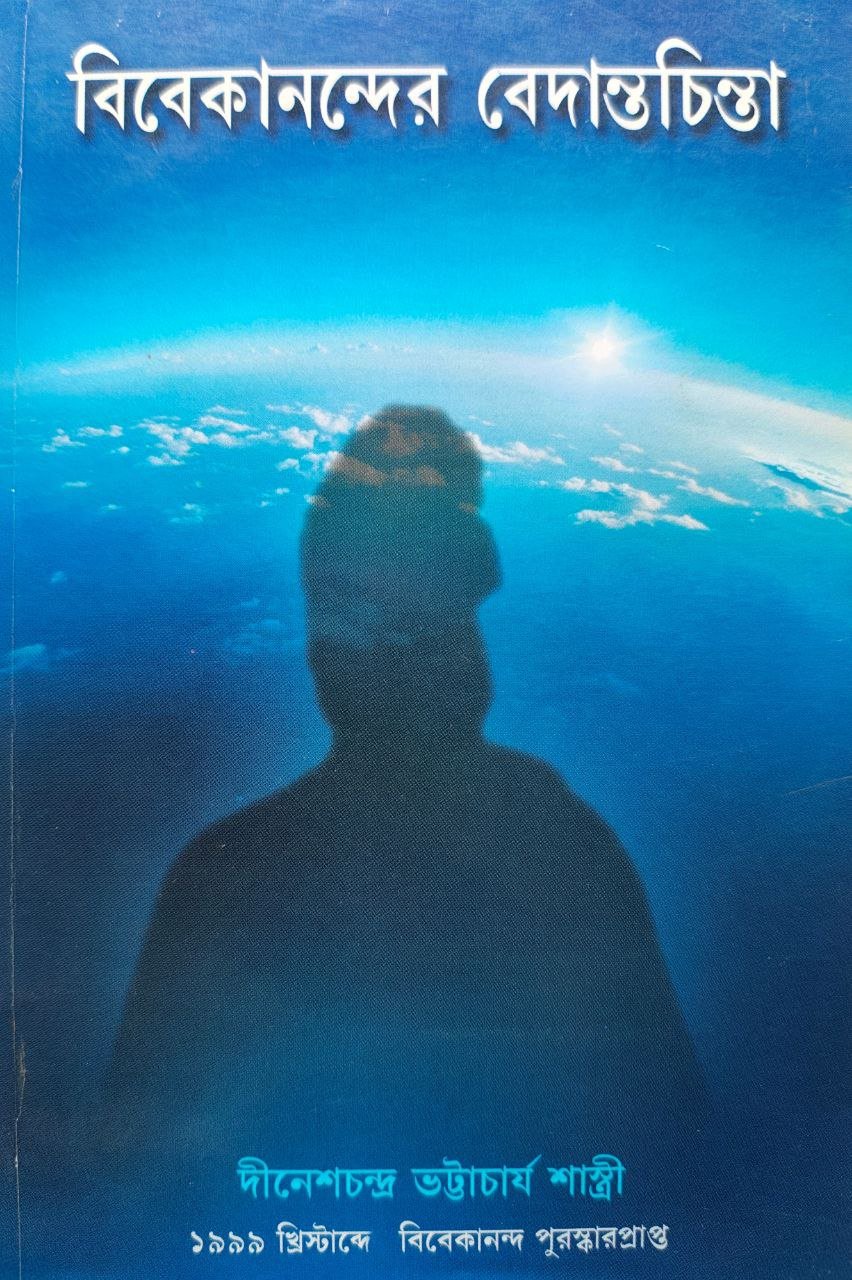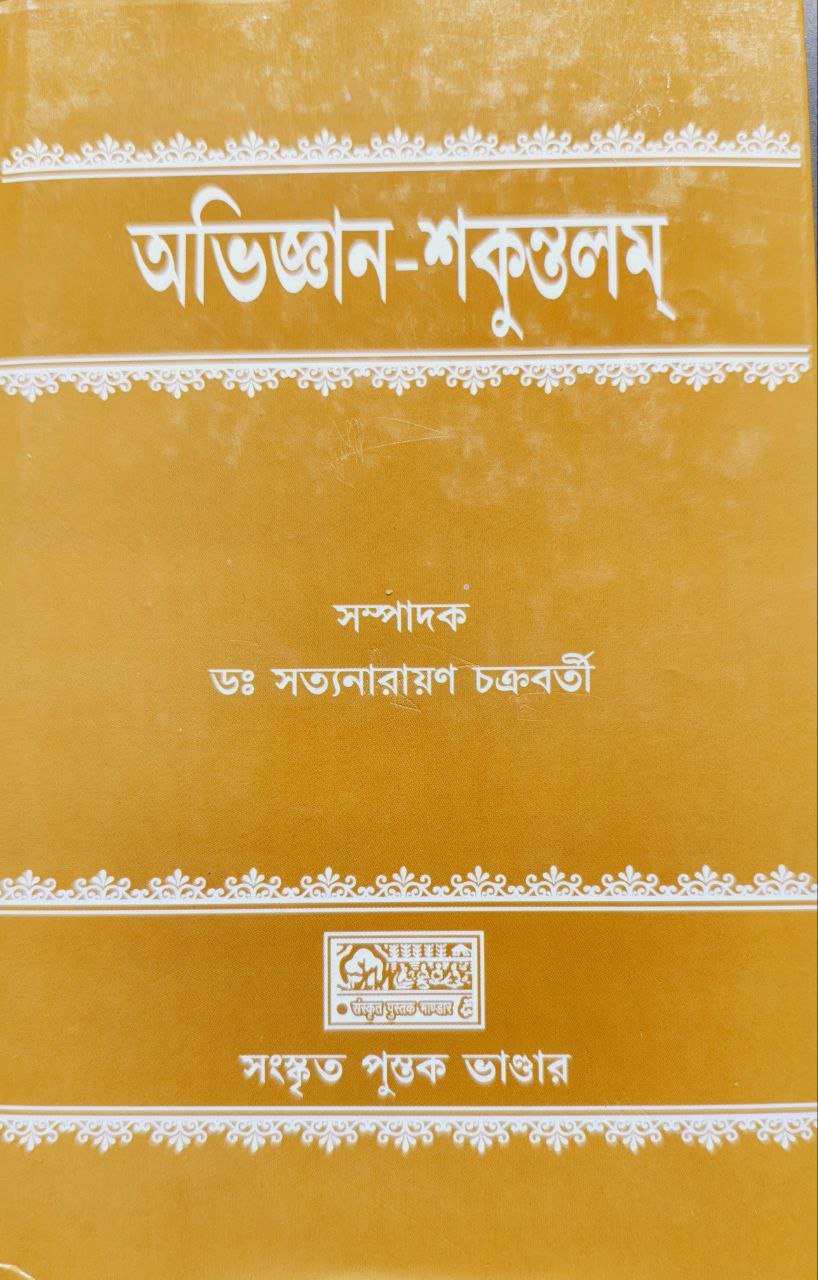Sanskrit Upanishad - Mahanarayan Upanishad [Dr Rakhesh Das]
Mahanarayan Upanishad
(0 reviews)
Rs. 240.00
Rs. 300.00
20% Off
The Mahanarayana Upanishad, also called the Brihannarayana Upanishad, is a minor Upanishad within Hinduism that is part of the Krishna Yajur Veda. This text is a valuable source of mantras and philosophical concepts, covering topics such as cosmology, the nature of Brahman, the significance of various deities, and practices within the tradition.
-
Binding Type :
Paper Binding
-
Published Date :
2022
-
Pages:
347
-
Language:
Bengali
-
Publishers:
-
Author:
-
Tags:
Share it on:

100% Secure
Payment

All India
Delivery

100% Genuine
Product













